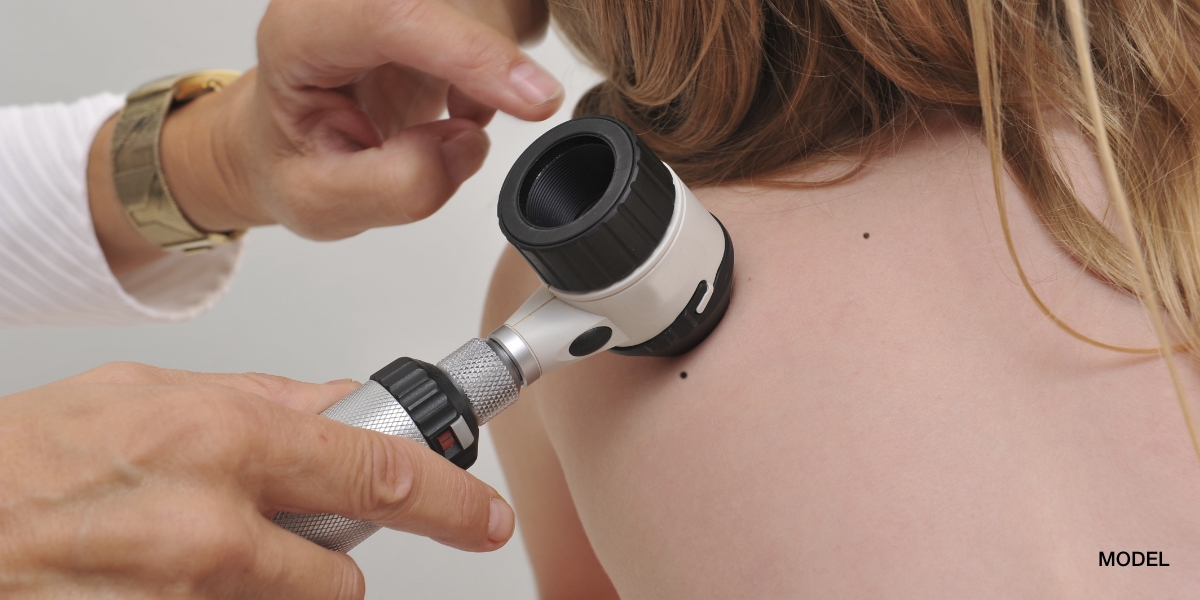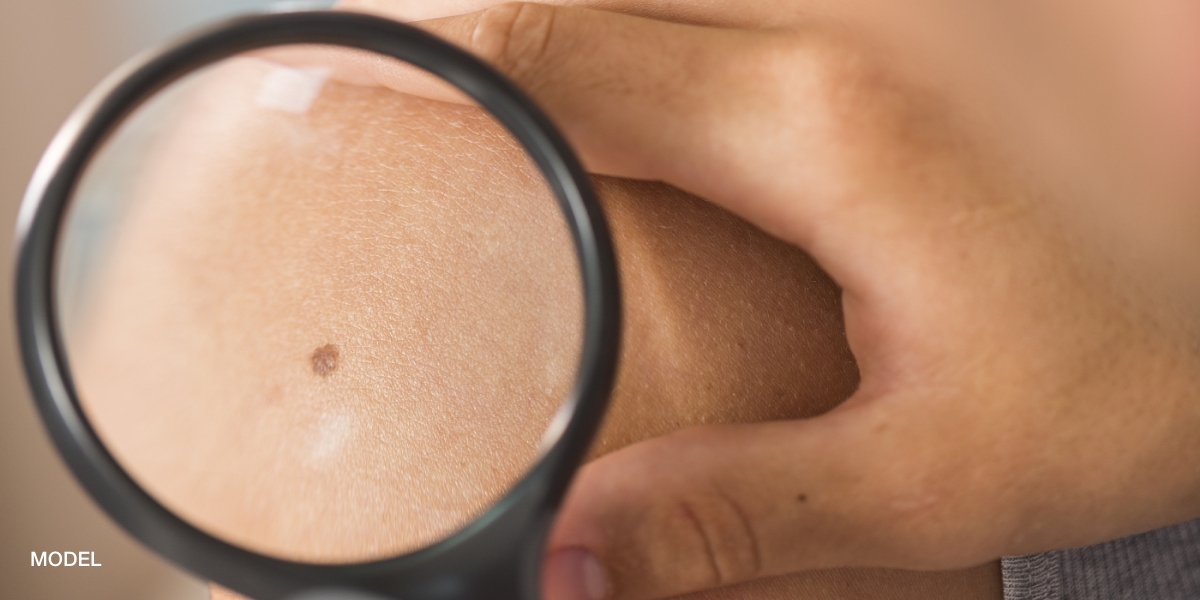Infantile Hemangiomas are the most common benign tumor in children and are composed of blood vessel capillaries. Approximately, 1/3 of Infantile Hemangiomas are present at birth and the rest appear soon after in the first few weeks of life. The majority of these lesions arise on the head and neck and clinically they have appear as a red/pink nodule that is soft. In most cases, these lesions grow over the first year of life then become stable in size for several months and finally go through an involution phase in which they resolve. In most instances, there is residual skin atrophy or telangiectasias left where an Infantile Hemangioma has resolved. In some patients, multiple Infantile Hemangiomas are present and this can be a sign of underlying visceral hemangiomas in the liver and other organs which can be detected with imaging studies. Treatment is usually not necessary as most Infantile Hemangiomas spontaneously resolve. However, some lesions necessitate treatment when they ulcerate, bleed profusely or are located in anatomic locations that impedes normal activities. Treatment modalities include low dose beta blockers, pulse dye laser and systemic steroids but each modality must be carefully selected by the treating physician.
September 7, 2013

Medically reviewed by Anthony J. Perri, M.D.
You May Also Like



Request a Consultation (Sidebar)
Recent Posts
Categories
- Uncategorized (512)
Tags
acne (6)
acne treatment (3)
acne vulgaris (2)
basal cell carcinoma (2)
biopsy (3)
cold urticaria (1)
common skin conditions (11)
dermatologist (15)
dermatology (7)
dr. perri (8)
dry skin (1)
eczema (2)
filiform (1)
health (3)
Herpes (1)
herpessimplex (1)
hives (2)
indentification (1)
keratosis pilaris (1)
Lichen Planopilaris (1)
melanoma (2)
moles (3)
periungual (1)
perri dermatology (10)
prevention (2)
rashes (2)
rosacea (3)
rosacea therapy (2)
skin cancer (6)
skin cancer screening (5)
skin care (2)
skin checks (8)
skin condition (6)
skin conditions (8)
skin damage (2)
skin exam (8)
summertime (3)
sunburn (3)
sunburns (2)
Sunprotection (1)
sunscreen (2)
virus (1)
warts (2)
why perri dermatology (3)
woodlands dermatologist (6)
